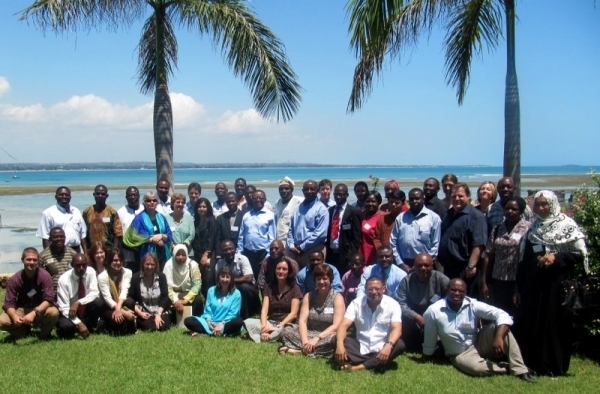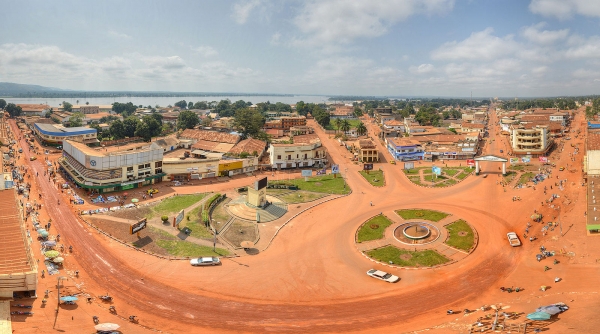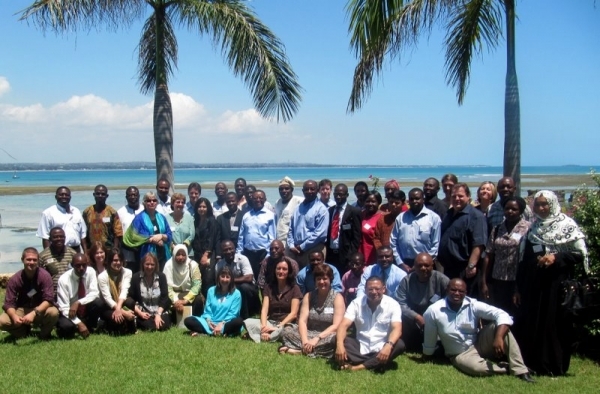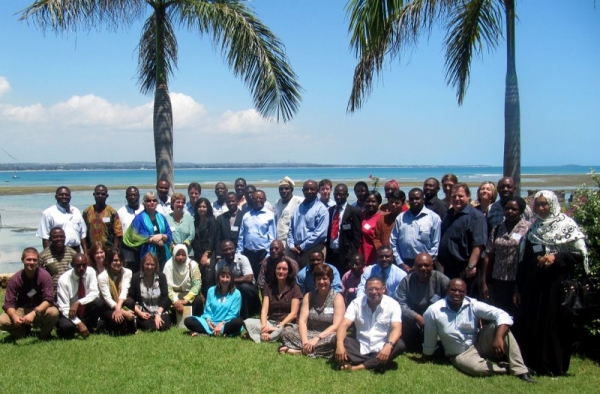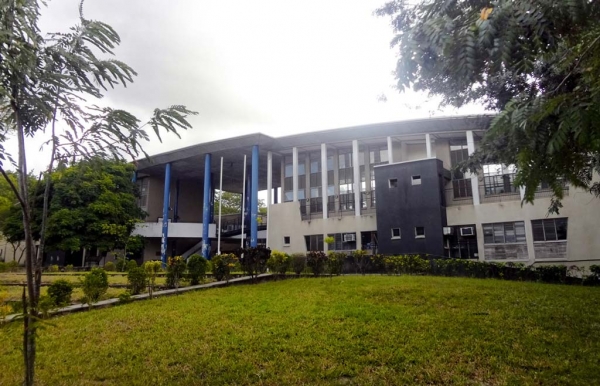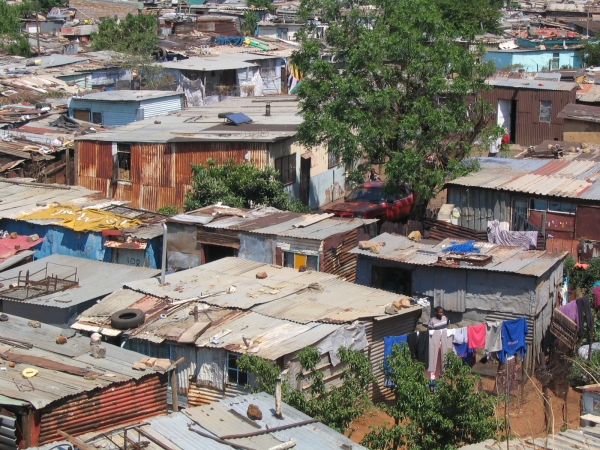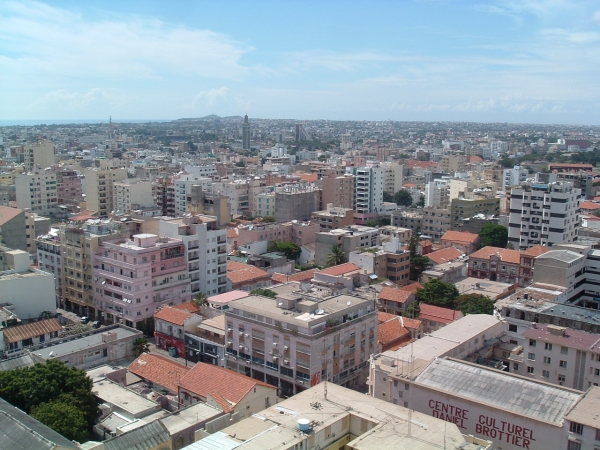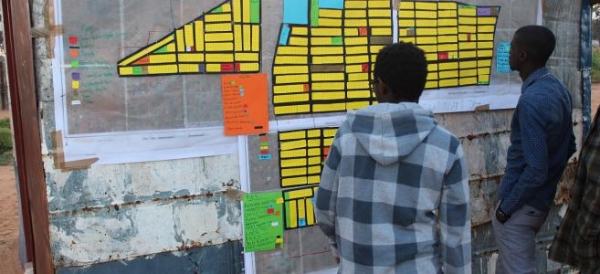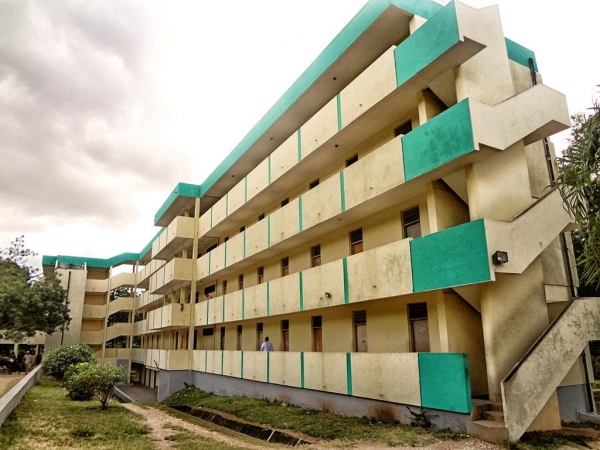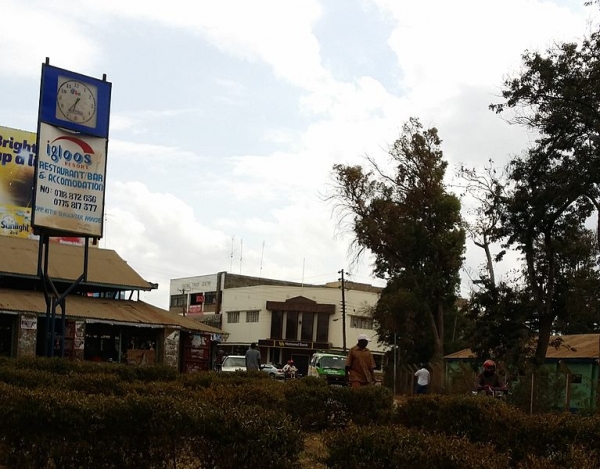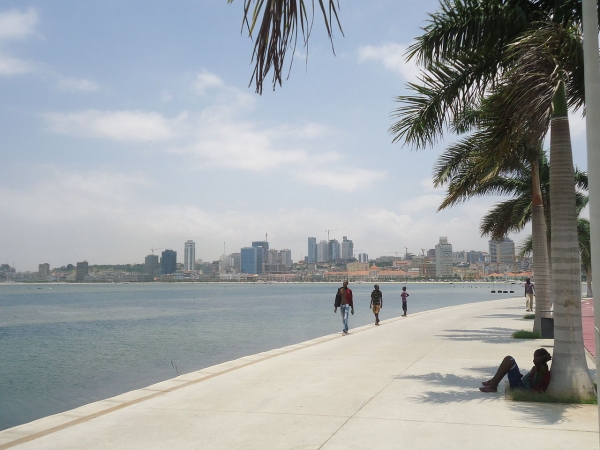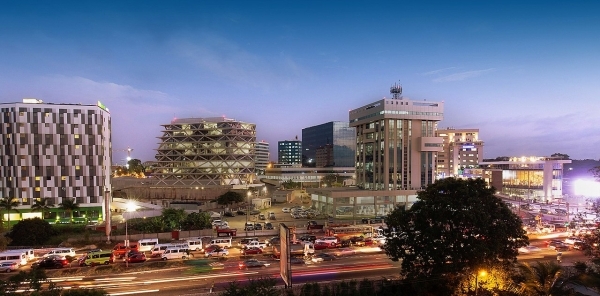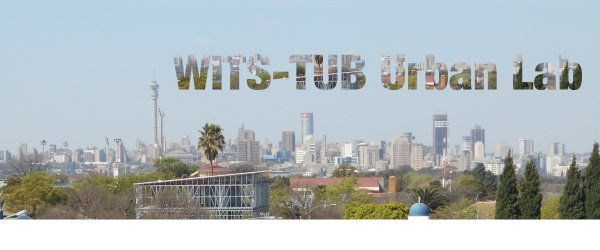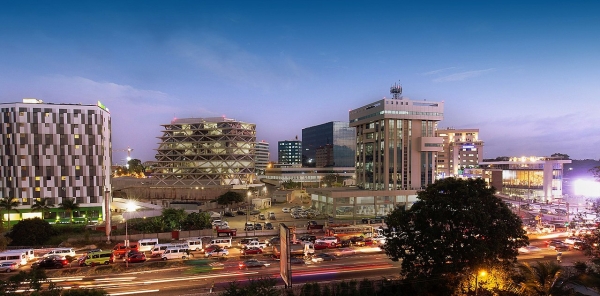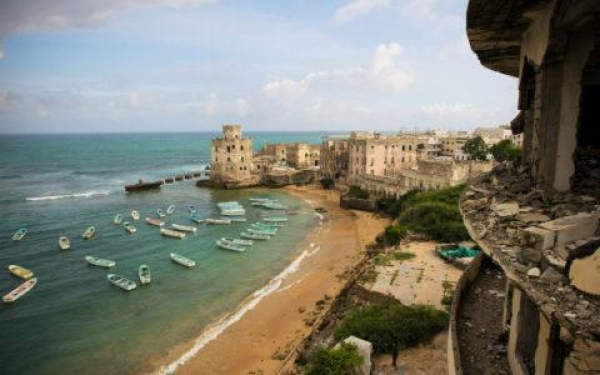The 2011 World Risk Report is now available for download (click here).
The report should prove useful for those working in the field of climate changes, urban governance and disaster planning.
The following extract is taken from the introduction:
Whether an earthquake or a tsunami, a hurricane or a flood, the risk that a natural event will develop into a disaster depends only partially on the strength of the event itself. A substantial cause lies in the living conditions of people in the affected regions and the opportunities to quickly respond and help. Those who are prepared and who know what to do during an extreme natural event have higher survival chances. The countries that anticipate natural hazards prepare for the consequences of climate change and provide the necessary financial resources are better equipped for the future.
The Bündnis Entwicklung Hilft (Alliance Development Works) publishes the WorldRiskReport to examine these issues at the global level and to draw conclusions for future actions in assistance, policy and reporting. The core of the World Risk Report is the World Risk Index, which was developed on behalf of the Bündnis Entwicklung Hilft by the United Nations University Institute for Environment and Human Security in Bonn, Germany. The World Risk Index indicates the probability that a country or region will be affected by a disaster. The index is the result of close cooperation between scientists and practitioners. Experts in the analysis of natural hazards and vulnerability research as well as practitioners of development cooperation and humanitarian aid have discussed and developed the concept of the index. Globally available data are used to represent the disaster risk for the countries concerned.
In the framework of the World Risk Index, disaster risk is analysed as a complex interplay of natural hazards and social, political and environmental factors. Unlike current approaches that focus strongly on the analysis of the various natural hazards, the World Risk Index, in addition to exposure analysis, focuses on the vulnerability of the population, i.e. its susceptibility, its capacities to cope with and to adapt to future natural events as well as the consequences of climate change. Disaster risk is seen as a function of exposure and vulnerability. The national states are the frame of reference for the analysis.


